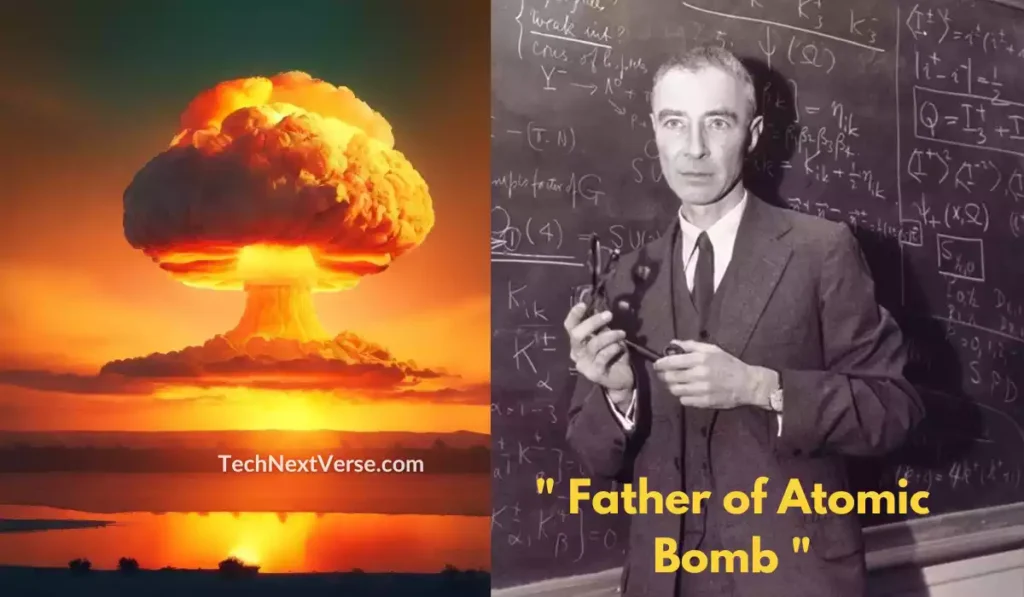
The connection between the physicist and the movie “Oppenheimer,” Christopher Nolan’s highly anticipated biopic released today (July 21, 2023), will only grow stronger in the public’s perception.
Introduction
In the previous history, certain figures emerge as pivotal changemakers, altering the course of human existence. One such enigmatic character is J. Robert Oppenheimer, a man whose intellect and discoveries revolutionized science while also being associated with the development of the atomic bomb. This article delves into the life and journey of J. Robert Oppenheimer, from his early days as a brilliant physicist to the moral complexities that shrouded his legacy.
Early Life and Education
1. Childhood and Family Background
J. Robert Oppenheimer was born on April 22, 1904, in New York City, into a wealthy and cultured family. His father, Julius Oppenheimer, was a successful textile business importer, and his mother, Ella Friedman, was an artist. From an early age, Oppenheimer showed a keen interest in science and literature, nurtured by his parents’ support for intellectual pursuits.
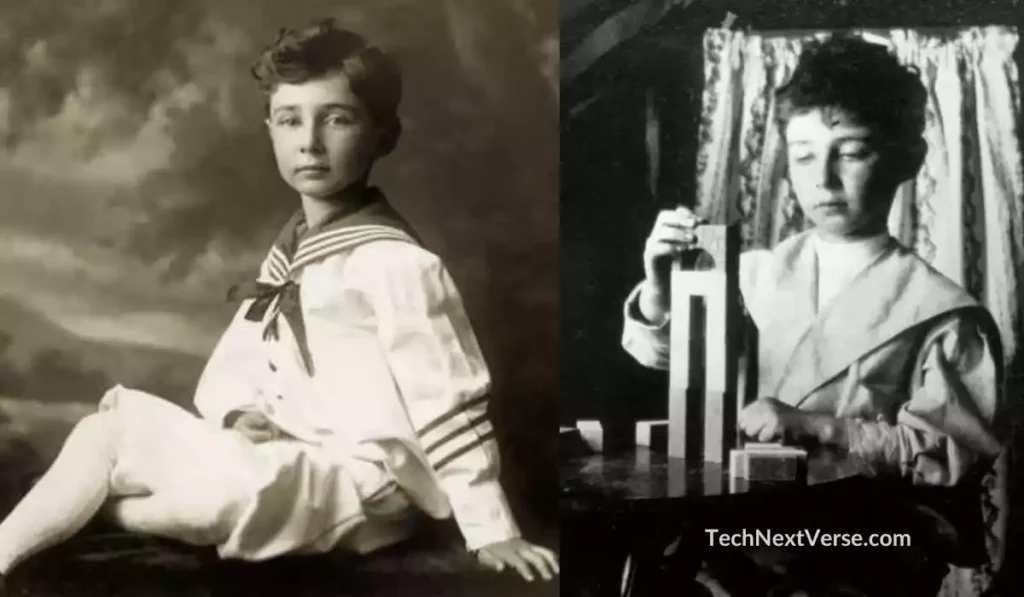
2. Academic Career and Influences
Oppenheimer’s academic journey took him to some of the finest institutions of his time. He attended the Ethical Culture School in New York City, where he received a well-rounded education. Later, he pursued higher studies at Harvard University, where he was greatly influenced by prominent physicists, including Percy Bridgman and J. B. Conant.
The Rise of J. Robert Oppenheimer
1. Becoming a Renowned Physicist :
After completing his undergraduate studies at Harvard University, Oppenheimer traveled to Europe to pursue further studies in physics. He attended renowned institutions such as the University of Cambridge and the University of Göttingen, where he interacted with eminent physicists, including Max Born and Niels Bohr. These experiences played a pivotal role in shaping his scientific outlook.
2. Contributions to Quantum Mechanics and the Berkeley Years :
During the early 1920s, quantum mechanics was an emerging field that fascinated Oppenheimer. Upon returning to the United States, Oppenheimer embarked on a path of groundbreaking research in theoretical physics. His work on quantum mechanics and quantum field theory earned him accolades within the scientific community. In the 1930s, he became a professor at the University of California, Berkeley, where he mentored several young physicists who would go on to make their own mark in the field.
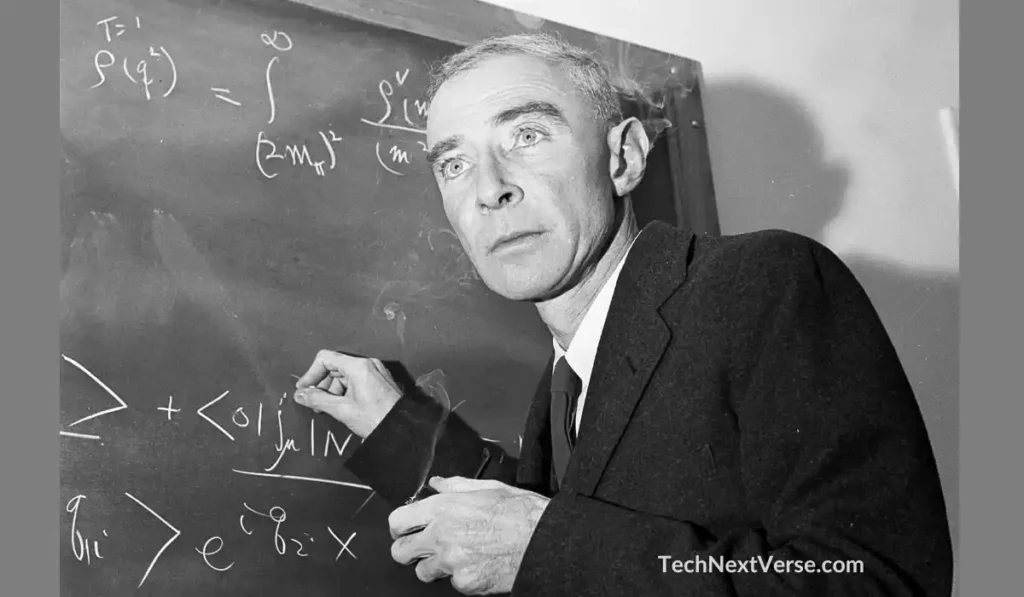
World War II and the Manhattan Project :
1. The Emergence of the Atomic Bomb :
The outbreak of World War II marked a turning point in Oppenheimer’s life. The race to develop an atomic bomb became a matter of utmost urgency for the United States. In 1942. Recognizing Oppenheimer’s brilliance, the United States government brought him and Oppenheimer was appointed as the scientific director of the Manhattan Project, a top-secret research effort aimed at building the world’s first atomic bomb.
2. Oppenheimer’s Role in the Manhattan Project :
Oppenheimer assumed a leading role in the Manhattan Project, overseeing the
scientific and technical aspects of the project. Under his guidance, the Los Alamos Laboratory in New Mexico became the epicenter of research and development for the atomic bomb.
Over the next three years, Oppenheimer led a team of scientists and engineers in a herculean effort to harness the power of nuclear fission. The project culminated in the successful test of the atomic bomb on July 16, 1945, in the deserts of New Mexico. The profound implications of this achievement were not lost on Oppenheimer, who famously quoted the Bhagavad Gita, saying, “Now I am become Death, the destroyer of worlds.”
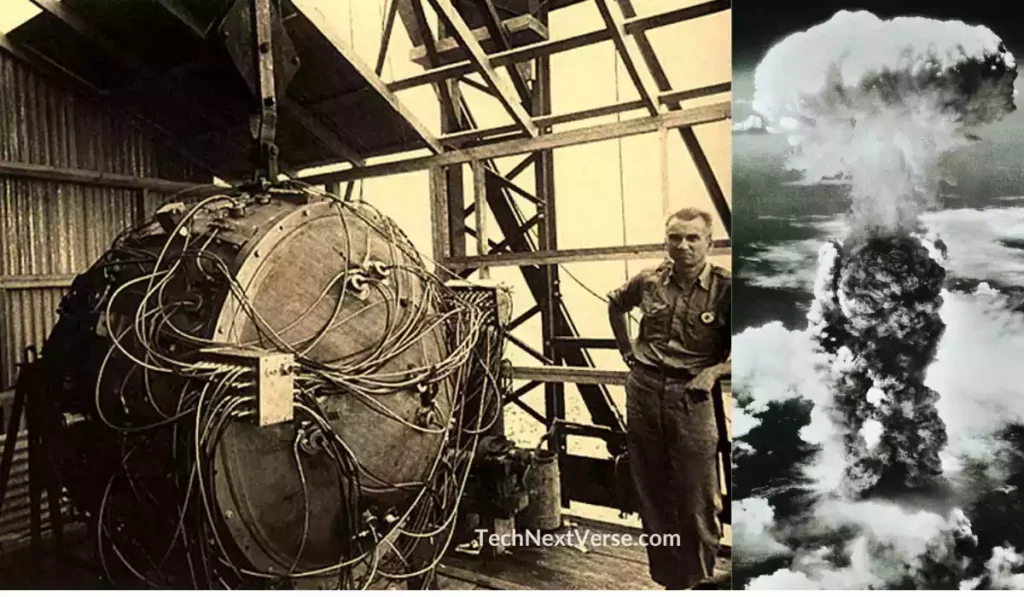
The Trinity Test
On July 16, 1945, Oppenheimer witnessed the first successful test of an atomic bomb, code-named “Trinity” . The successful detonation forever altered the course of warfare and marked a turning point in human history.
Read Also :
The Moral Dilemma and the Aftermath
1. Controversy Surrounding the Use of the Atomic Bomb :
While the Trinity test was a scientific triumph, it also sparked profound moral dilemmas. The devastating potential of the atomic bomb raised questions about the ethics of its use in warfare. Oppenheimer grappled with the implications of his creation, leading to internal conflict and unease.
2. The Post-War Period and Security Clearance Issue :
After World War II, the growing geopolitical tensions of the Cold War led to scrutiny of Oppenheimer’s political beliefs and associations. He faced security clearance hearings, and his past connections came under intense scrutiny, leading to the revocation of his clearance.
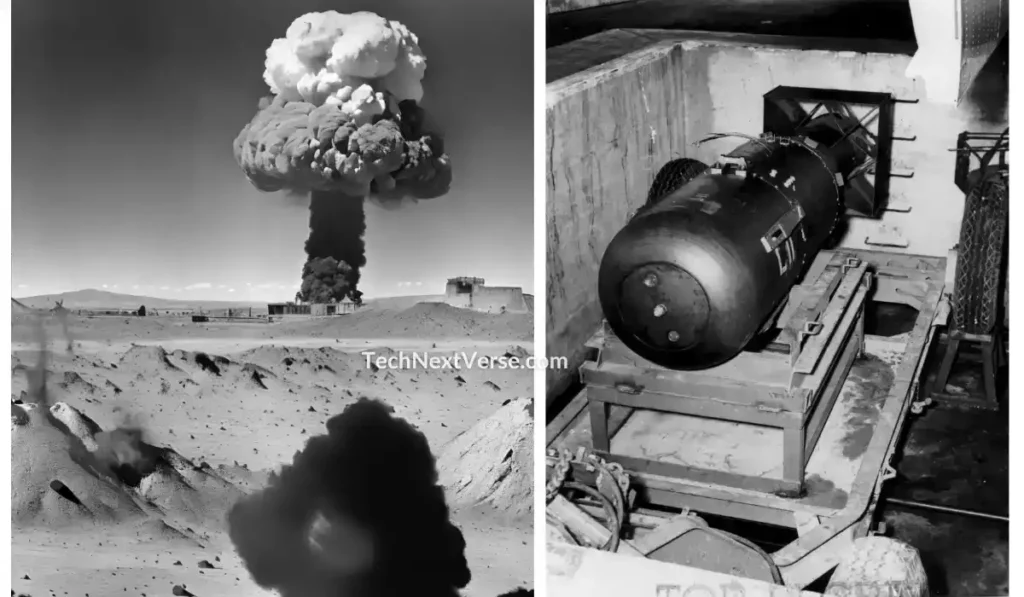
Later Life and Legacy
1. Involvement in the Atomic Energy Commission:
Despite the challenges, Oppenheimer continued his scientific pursuits. He became an advisor to the U.S. government and was instrumental in shaping policies related to nuclear weapons and disarmament as part of the Atomic Energy Commission.
2. Oppenheimer’s Contributions to Science and Education:
In his later years, Oppenheimer focused on academic and educational endeavors. He played a crucial role in establishing the Institute for Advanced Study in Princeton, which became a prominent center for theoretical physics and mathematics.
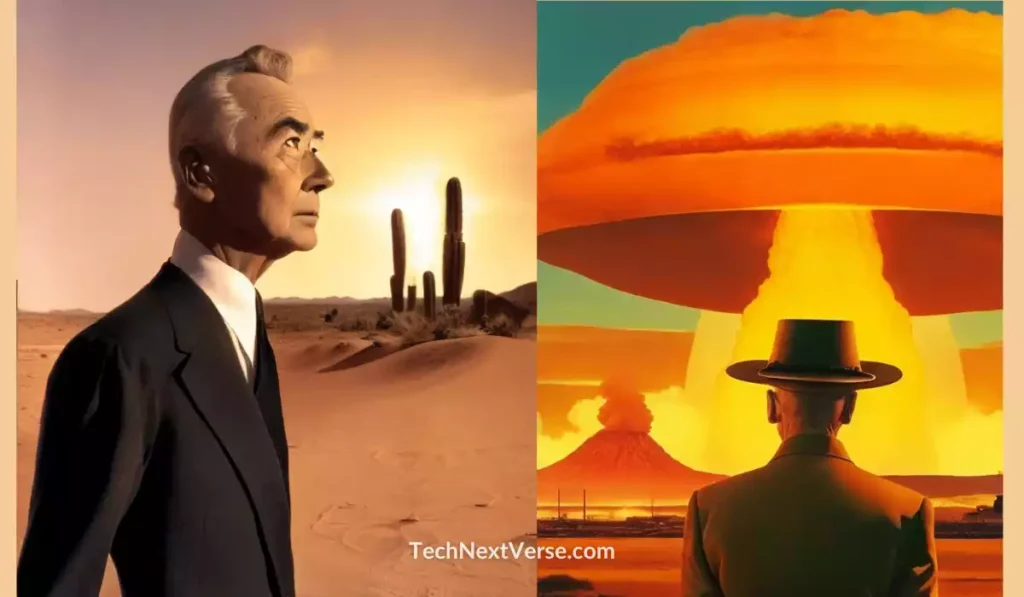
Conclusion
J. Robert Oppenheimer’s journey was one of brilliance, complexity, and moral introspection. His contributions to science were immense, but his association with the atomic bomb posed difficult ethical questions. Despite the controversies, Oppenheimer’s legacy endures, reminding us of the dual nature of scientific discoveries and their impact on humanity.
Frequently asked questions(FAQs) :
1. who is father of atomic bomb ?
Ans : Julius Robert Oppenheimer , an American theoretical physicist and director of the Manhattan Project‘s Los Alamos Laboratory (Project Y) during World War II.
2. Was Oppenheimer the sole creator of the atomic bomb ?
Ans : No, Oppenheimer led a team of brilliant scientists and engineers in the Manhattan Project.
3. What was the significance of the Trinity test ?
Ans :The Trinity test proved the feasibility of nuclear weapons and accelerated the end of World War II.
4. Did Oppenheimer regret his involvement in the Manhattan Project ?
Ans : While he expressed moral concerns, Oppenheimer remained conflicted about his role.
5. How did Oppenheimer’s security clearance issue impact him ?
Ans : The loss of his security clearance was a personal and professional setback.
6. What is Oppenheimer’s lasting legacy ?
Ans : Oppenheimer’s contributions to science and education continue to influence generations of scientists and thinkers.
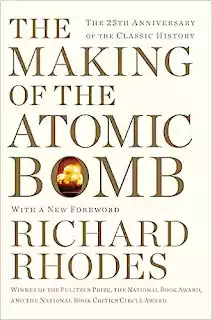
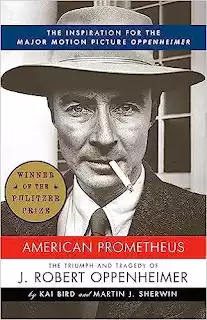
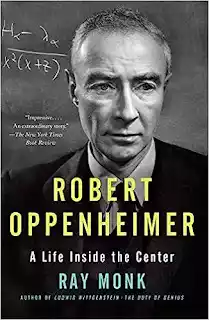








Well done 👍